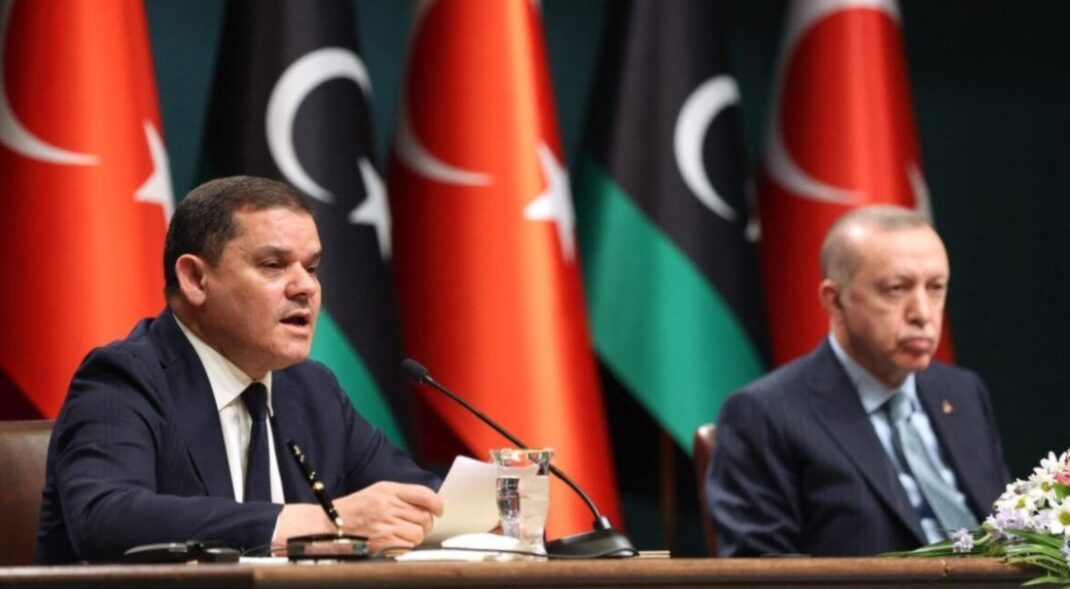
Explore the transformative partnership between Türkiye and Libya to enhance vocational and technical education, paving the way for economic revitalization and inclusive workforce development. Imagine a future where the bridges of knowledge span continents, connecting disparate nations through the shared goal of educational empowerment.
This is not a far-fetched dream but a burgeoning reality as Türkiye and Libya embark on a groundbreaking journey to redefine vocational and technical education. In a world often divided, the recent memorandum of understanding signed by the education ministers of both countries in Ankara shines as a beacon of cooperation and mutual development.
A Shared Vision for Empowerment
At the heart of this partnership lies a profound commitment to not just enhancing the quality of vocational and technical education but to transforming it into a catalyst for economic growth and sustainable development. Yusuf Tekin of Türkiye and Yahlif Said Al Sifav of Libya, the architects behind this vision, have laid down a blueprint that promises to leverage technology, innovate curricula, and foster an educational environment that is both inclusive and forward-thinking.
The memorandum covers an ambitious range of collaborative efforts, including the overhaul of school management systems, the integration of prior learning recognition, and the establishment of comprehensive certification processes. However, the cornerstone of this agreement is the mutual exchange of knowledge and experiences, particularly in harnessing technology to elevate vocational training. Türkiye’s expertise in curriculum development and educational technology is set to play a pivotal role in crafting courses tailored to Libya’s specific needs, promising a new era of educational excellence.
Challenges and Opportunities
While the path ahead is laden with promise, it is not without its obstacles. Integrating technology in education, especially in a country recovering from conflict like Libya, poses significant challenges. Infrastructure, teacher training, and resource allocation are just the tip of the iceberg. Nonetheless, these challenges present unique opportunities for innovation and growth. The success of this partnership could very well serve as a model for international educational cooperation, demonstrating that when nations come together, the potential for positive change is boundless.
Moreover, this agreement is not just about technological advancement but also about creating a framework that recognizes and values the diversity of learning experiences. By emphasizing the recognition of prior learning and establishing a robust certification process, Türkiye and Libya are making strides towards an educational system that is more inclusive, accessible, and equitable. This focus on creating a diverse and adaptable workforce is essential in today’s rapidly changing global economy.
Looking Ahead
The ripple effects of this partnership are expected to extend far beyond the realm of education. By aligning vocational training with the demands of the modern workforce, Türkiye and Libya are laying the groundwork for economic revitalization and sustainable development. The emphasis on technology and innovation in vocational education not only prepares students for the jobs of today but also equips them with the skills needed for the challenges of tomorrow.
As the world watches, the collaboration between Türkiye and Libya serves as a testament to the power of unity and shared vision. In the face of adversity, this partnership stands as a bold declaration that education is the cornerstone of growth and that by working together, nations can forge a brighter future for all.
__________________




